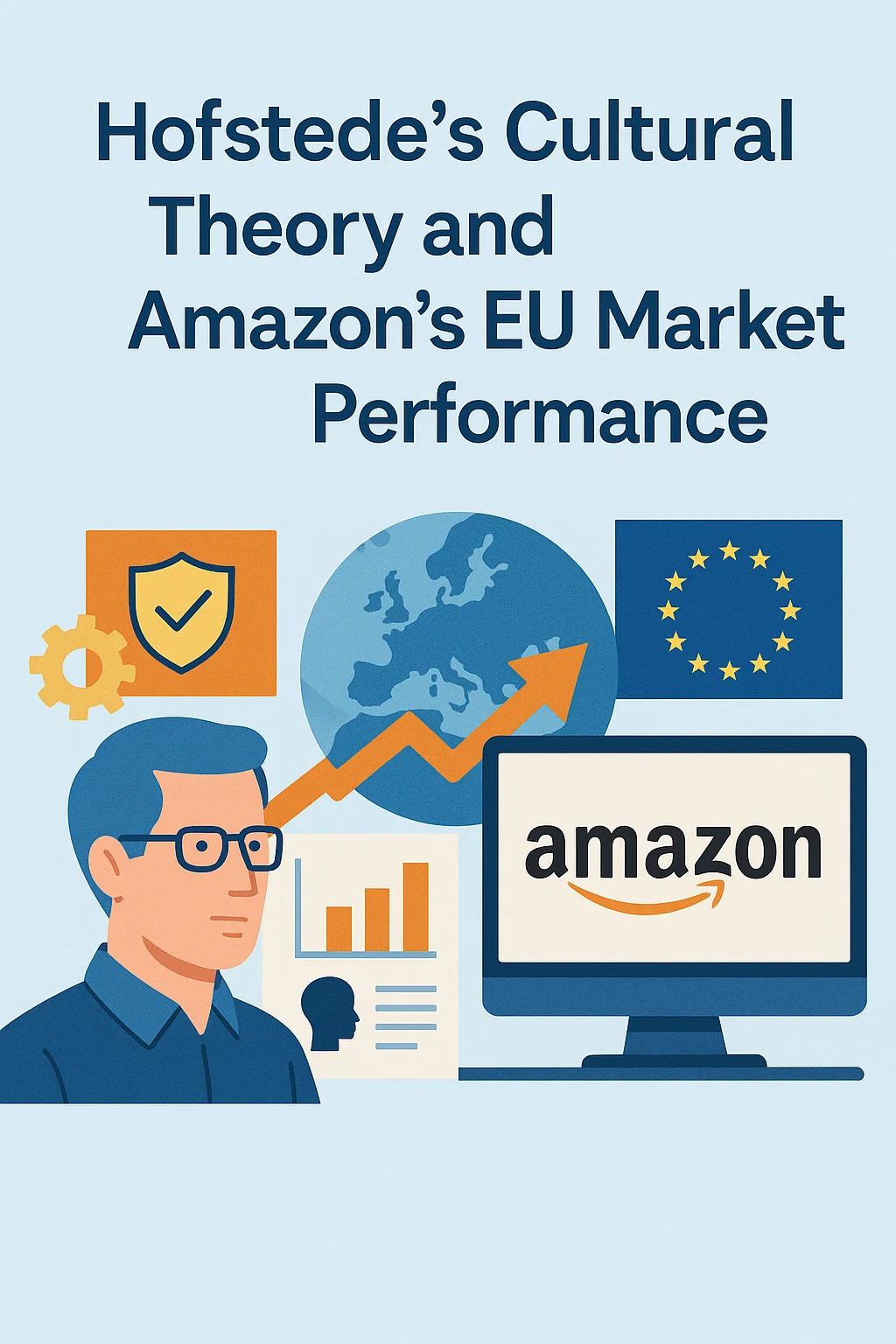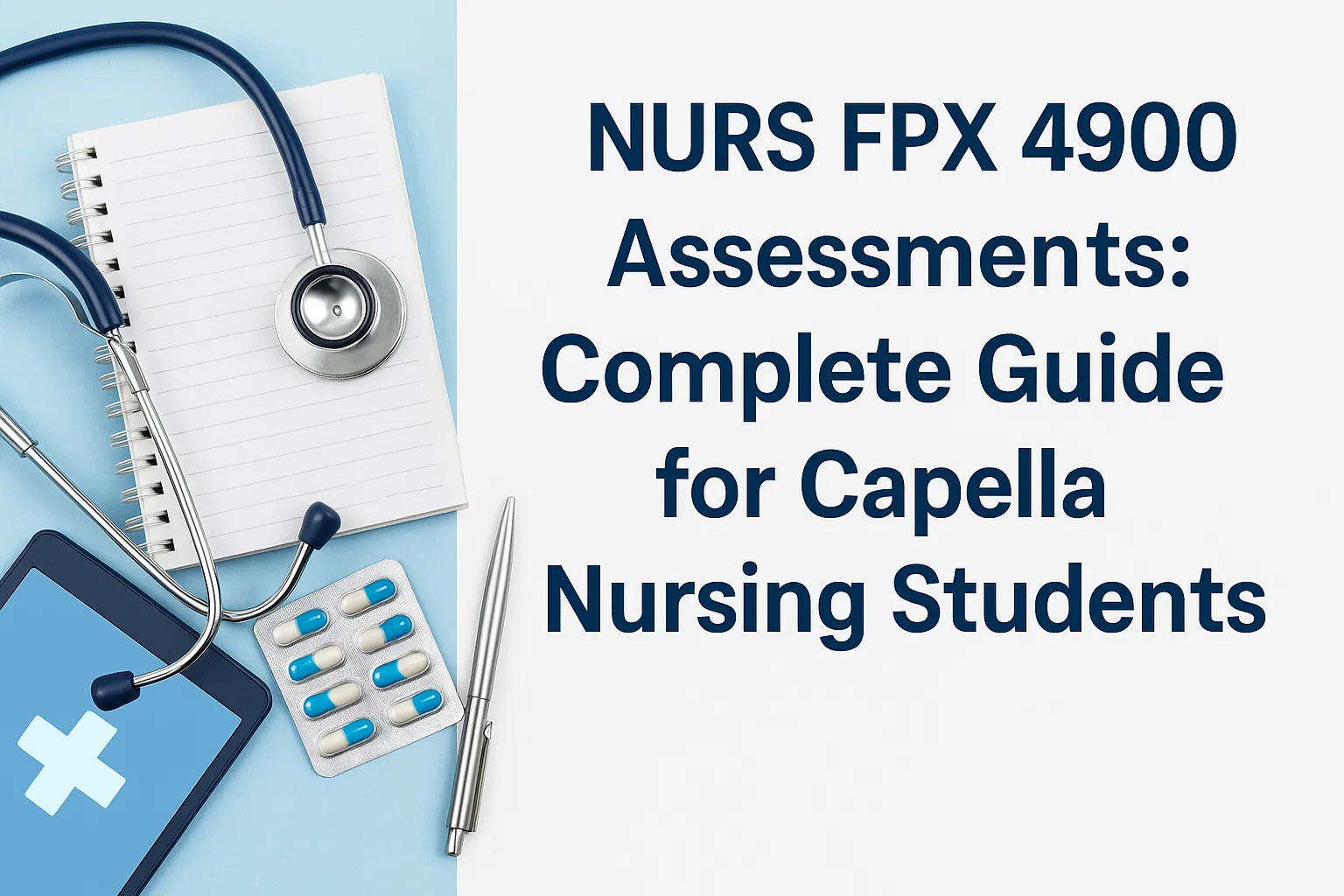Introduction
The Internet’s Impact on Society, a ground-breaking invention of the contemporary period, has drastically changed how we live. It has irrevocably altered society by ushering in a new era of communication, information distribution, corporate operations, and political activity. To make the case that the internet’s impact on society has undeniably helped society, this article analyzes its effects through the critical prisms of logos, ethos, and pathos.
This argument will show that the internet has not only transformed our lives but has done so in ways that have resulted in real and significant improvements to society, all while being supported by a solid foundation of reliable academic sources, such as those found in a nursing capstone project that emphasizes research methodologies. The internet’s impact on society has reshaped the modern world and opened up new possibilities for advancement in all areas of life.
The internet’s impact on society has brought about a revolution that is nothing short of amazing. It has changed not just how we interact with one another, acquire information, do business, and engage in political dialogue, but it has also impacted our collective consciousness. This article will examine these changes and their repercussions before concluding that the impact of the internet on society has considerably improved society.
The internet’s impact on society presents a thorough study of its transformational capacity for the greater good, applying rigorous reasoning, the appeal to reliable sources, and an investigation of the emotional resonance it inspires. These transformations demonstrate that the impact of the internet is a vital force in shaping modern society.
There is no denying that the internet’s impact on society has improved society by democratizing access to knowledge, reinventing education, simplifying communication and cooperation, and promoting the reliability and validity of information sources. Inspiring empathy, unity, and social transformation have also had a tremendous emotional effect.
The internet’s impact on society has profoundly changed our lives, influencing how we communicate, study, and support causes. The advantages of the internet’s impact on society significantly outweigh the disadvantages, despite ongoing issues like false information and online abuse. The internet’s impact on society is a positive force that works to make society better for everyone.
Logos: Rational Arguments
Through reasoned and logical arguments, the Internet has significantly improved society. It has primarily democratized access to knowledge by dismantling the restrictions that traditionally restricted the ability of individuals to access libraries, academic institutions, or specific vocations. Anyone with an internet connection may access vast knowledge in the current digital era (Guo &Wan, 2022). Research by Guo & Wan, demonstrating how the Internet has dramatically decreased information inequality and ensured that learning and development possibilities are more widely dispersed, has brought this transition to light.
Furthermore, it is impossible to overestimate the influence of the Internet on education. By making education available to millions of people globally, it has brought about a change in how people learn. Open educational materials, e-learning platforms, and online courses have become practical tools that provide the flexibility that conventional education sometimes lacks.
According to Tiel et al. (2022), online learning is becoming more and more well-liked since it can accommodate a variety of students’ demands and schedules. This ease of access to education has decentralized the learning process and given people the freedom to seek knowledge no matter where they are. Geographical barriers have also been reduced due to the Internet’s ability to promote communication and cooperation (Griffith et al., 2022).
Global boundaries and time zones are no longer barriers to rapid connections between people. This connection has improved intercultural communication and encouraged international collaboration. The Internet has widened social networks and deepened social bonds, which has enhanced societal cohesiveness, according to research by Griffith et al. (2022). It has allowed people to interact, communicate, and collaborate globally, fostering cohesion and a common goal.
Ethos: Credibility and Trustworthiness
The way society gets knowledge has fundamentally changed due to the internet’s emergence as a hub of reliable knowledge. For researchers and academics alike, the advent of online libraries, academic databases, and peer-reviewed publications has ushered in a period of unmatched accessibility to high-quality research. Platforms like JSTOR and Google Scholar, which provide enormous collections of academic papers and articles, prove this transition since they have democratized information and increased the legitimacy of intellectual dialogue.
A new era of intellectual interaction where the ethos of knowledge is available to a worldwide audience has been made possible by these internet repositories. Through websites, blogs, and numerous social media platforms, experts and academics may now immediately impart their extensive knowledge to the general audience.
This one-on-one communication generates a strong feeling of sincerity and trust. Take the example of Neil deGrasse Tyson, a renowned astronomer whose Twitter account symbolizes public education (Peng & Tao, 2022). He connects with his followers and shares scientific information via tweets, which helps the general people better grasp challenging scientific ideas.
This interaction increases the authority of scientific knowledge and equips the public to make reasoned judgments. Although criticized for their dependability, collaborative platforms like Wikipedia display the combined expertise of professionals and hobbyists, contributing to a sizable knowledge base. Wikipedia has gained legitimacy because of its meticulous editing procedures and the effort of innumerable volunteers.
According to a 2019 Pew Research Center poll, 64% of individuals in the US put their faith in information discovered on Wikipedia, highlighting the importance of Wikipedia as a reliable source (Chyne et al., 2019). The success of Wikipedia is evidence of the democratization of knowledge, as contributors from all backgrounds work together to guarantee trustworthiness and correctness. It is a prime illustration of how the internet has democratized the production and sharing of knowledge, moving the balance of power from established gatekeepers to collective intelligence.
Pathos: Emotional Impact
The internet has significantly influenced society since it is now an effective instrument for promoting empathy, camaraderie, and social change. Social media platforms have become practical tools for bringing attention to significant social concerns and injustices. The #BlackLivesMatter campaign, which attracted attention on social media sites, is a remarkable example.
This movement sparked passionate debates about racial equality and police brutality that reached people all around the globe (Rupeika et al., 2022). People’s emotions were stirred by the movement’s emotional resonance, which motivated them to take offline and online action. People were brought together in a common cause for justice through moving tales, films, and photographs shared on social media.
Additionally, the internet has given underrepresented groups a crucial forum to tell their tales and share their experiences. Mainly, LGBTQ+ people have discovered online venues where they may interact, get support, and promote their rights. Internet-based resources are used by organizations like The Trevor Project, which works to prevent LGBTQ+ adolescent suicide (Gaglio et al., 2022).
They provide a lifeline to young people experiencing mental discomfort and loneliness via online chat rooms, forums, and helplines. In these situations, the internet stands as a symbol of hope, showing how the online community can help people in need by saving lives and giving them a feeling of community. The internet has evolved into a creative and emotional expression platform beyond activism and support. Individuals can share their art, music, and abilities with a worldwide audience through websites like YouTube, Instagram, and TikTok. Users produce and consume material that may create joy and sadness (Gaglio et al., 2022).
The popularity of online content producers and influencers is evidence of the emotional effect of user-generated material. These people establish a solid dynamic link with their viewers and create a feeling of community online. Such sites often include comment sections overflowing with sentiments of sympathy, inspiration, and shared emotional experiences.
Conclusion
The internet’s impact on society is continuously evolving, bringing new challenges and opportunities. As society adapts to these changes, understanding the internet’s impact on society becomes essential for creating informed, responsible digital citizens. Moving forward, the internet’s impact on society will continue to shape not just the global economy but also social relationships, cultural exchanges, and access to resources. The positive changes sparked by the internet’s impact on society are vast and ongoing, with the potential to foster even greater societal advancements in the years to come.
In conclusion, the internet’s impact on society has been transformative, reshaping how we interact, communicate, and learn. The future of the internet’s impact on society holds immense potential, as it continues to drive innovation across various sectors. With its influence on education, healthcare, business, and culture, the internet’s impact on society will remain a powerful force for global development. It is essential to recognize the responsibility that comes with such a powerful tool, as the internet’s impact on society can be both positive and negative.
By understanding and harnessing the positive aspects of the internet’s impact on society, we can ensure that it leads to greater opportunities, equality, and progress for all.
References
Chyne, R. C., Khongtim, J., & Wann, T. (2019). Evaluation of social media information among college students: An information literacy approach using CCOW. The Journal of Academic Librarianship, 49(5), 102771. https://www.sciencedirect.com/science/article/pii/S0099133323001106
Gaglio, C., Kraemer-Mbula, E., & Lorenz, E. (2022). The effects of digital transformation on innovation and productivity: Firm-level evidence of South African manufacturing micro and small enterprises. Technological Forecasting and Social Change, 182, 121785. https://www.sciencedirect.com/science/article/pii/S0040162522003092
Guo, C., & Wan, B. (2022). The digital divide in online learning in China during the COVID-19 pandemic. Technology in society, 71, 102122. https://www.sciencedirect.com/science/article/pii/S0160791X22002639
Peng, Y., & Tao, C. (2022). Can digital transformation promote enterprise performance? —From the perspective of public policy and innovation. Journal of Innovation & Knowledge, 7(3), 100198. https://www.sciencedirect.com/science/article/pii/S2444569X22000385
Rupeika-Apoga, R., Petrovska, K., & Bule, L. (2022). The effect of digital orientation and digital capability on digital transformation of SMEs during the COVID-19 pandemic. Journal of Theoretical and Applied Electronic Commerce Research, 17(2), 669-685. https://www.mdpi.com/0718-1876/17/2/35
Tien-Dung, P., Nguyen, X. D., & Das, S. (2022). Sustainable goal achievement by digital revolution during and after pandemic; How much one wins and losses: A bird’s eye view for future planning. In Sustainable Development and Innovation of Digital Enterprises for Living with COVID-19 (pp. 133-147). Singapore: Springer Nature Singapore.



